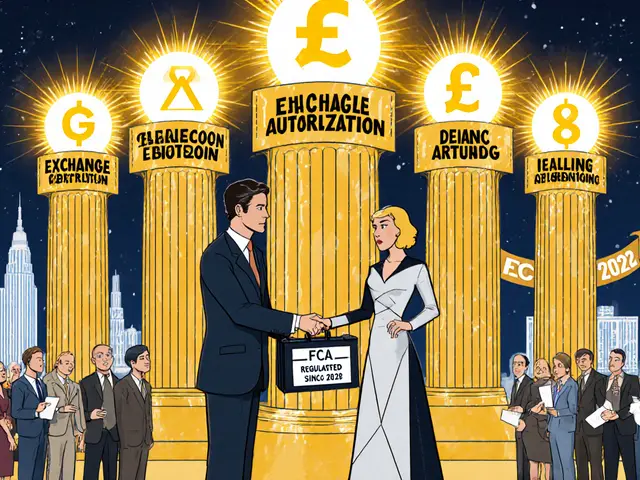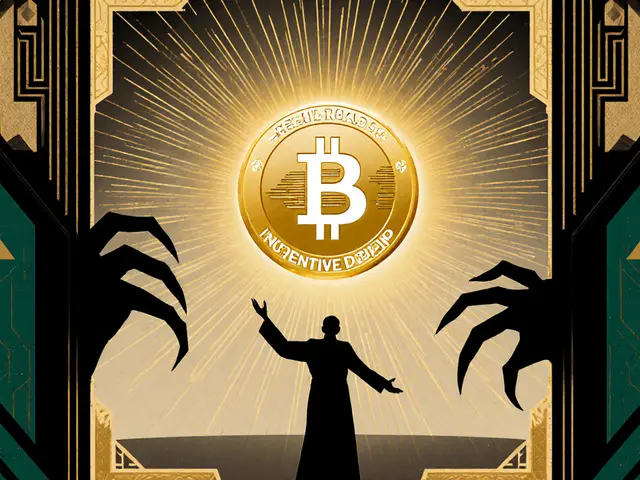Decentralized Energy: How Blockchain Is Changing Power Grids and Crypto Projects
When we talk about decentralized energy, a system where power is generated and shared locally without central utilities. Also known as peer-to-peer energy, it lets homeowners with solar panels sell excess electricity directly to neighbors—no middleman, no big utility company. This isn’t science fiction. It’s already happening in places like Brooklyn and Berlin, where blockchain records every watt traded between neighbors, and tokens represent real energy use.
Behind this shift are blockchain energy, systems that use distributed ledgers to track energy production, consumption, and sales. These aren’t just fancy spreadsheets—they’re smart contracts that auto-pay users when their solar panels produce extra power. Projects like Power Ledger and LO3 Energy built platforms where energy becomes a digital asset you can hold, trade, or even stake for rewards. That’s where energy tokens, cryptocurrencies tied to real-world energy output or consumption come in. They’re not speculative memes—they’re utility tokens that give users voting rights, discounts, or cashback based on how much clean energy they contribute to the grid.
And it’s not just about solar panels. In Nigeria, where power outages are common, people are using crypto to buy and sell backup power from private generators. In Turkey, users are trading excess wind energy through blockchain apps to avoid high utility fees. Even in places with stable grids, like Singapore, regulators are testing tokenized energy markets to make renewables more profitable for small producers. The common thread? Decentralized energy turns passive consumers into active participants, and crypto is the tool that makes it possible.
What you’ll find below isn’t a list of vague future ideas. It’s real projects, real tokens, and real stories of people using blockchain to take control of their power. From tokens that reward solar production to exchanges built for local energy trading, these posts cut through the hype and show you exactly how decentralized energy works today—not tomorrow.
How Microgrids and Blockchain Technology Are Reshaping Local Energy Markets
Microgrids powered by blockchain enable peer-to-peer energy trading, cutting costs and boosting renewable use. Learn how smart contracts, local energy markets, and decentralized tech are transforming electricity.





